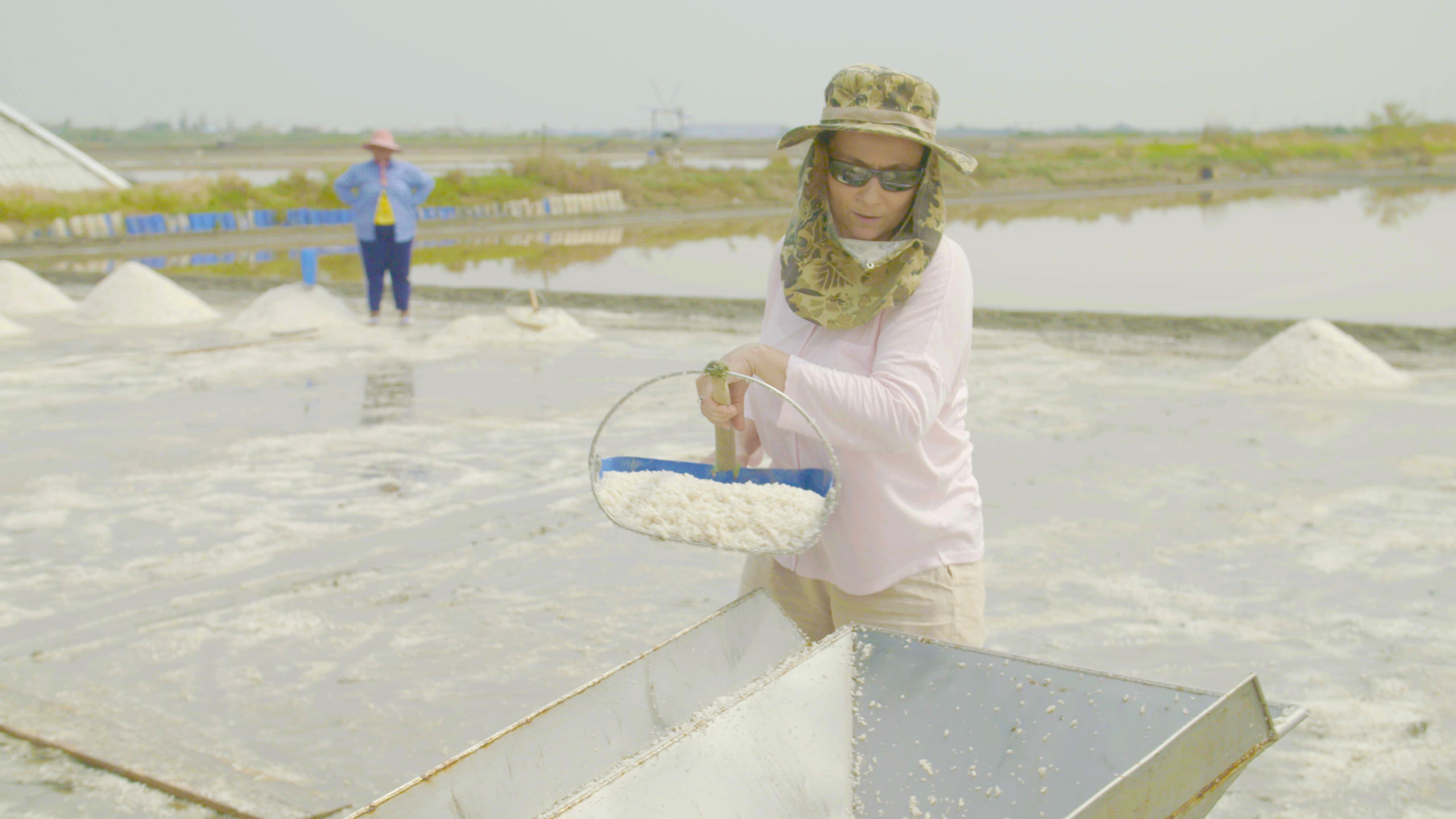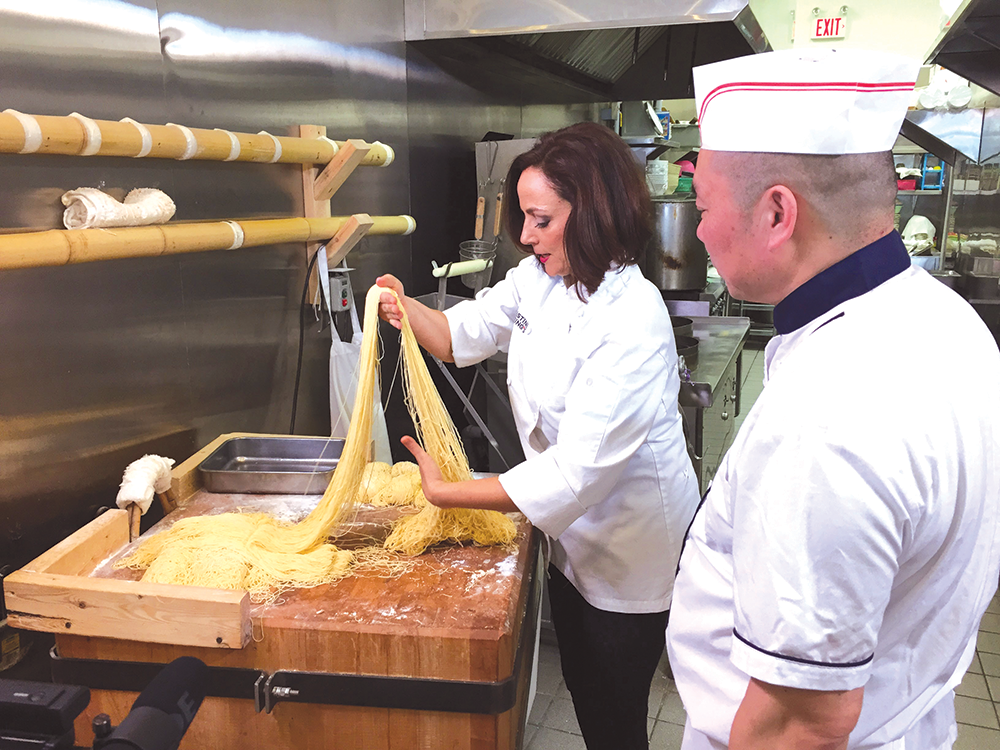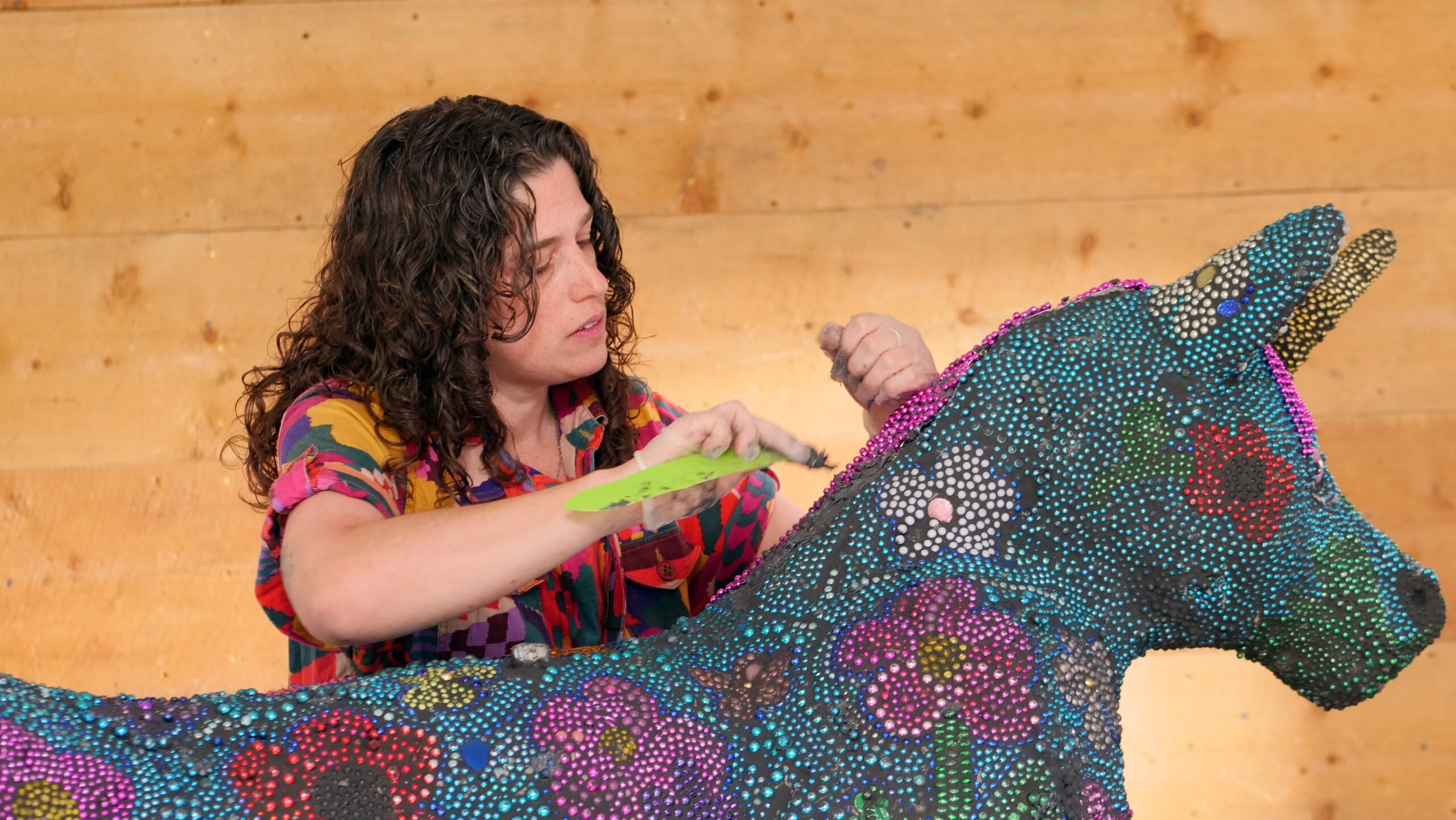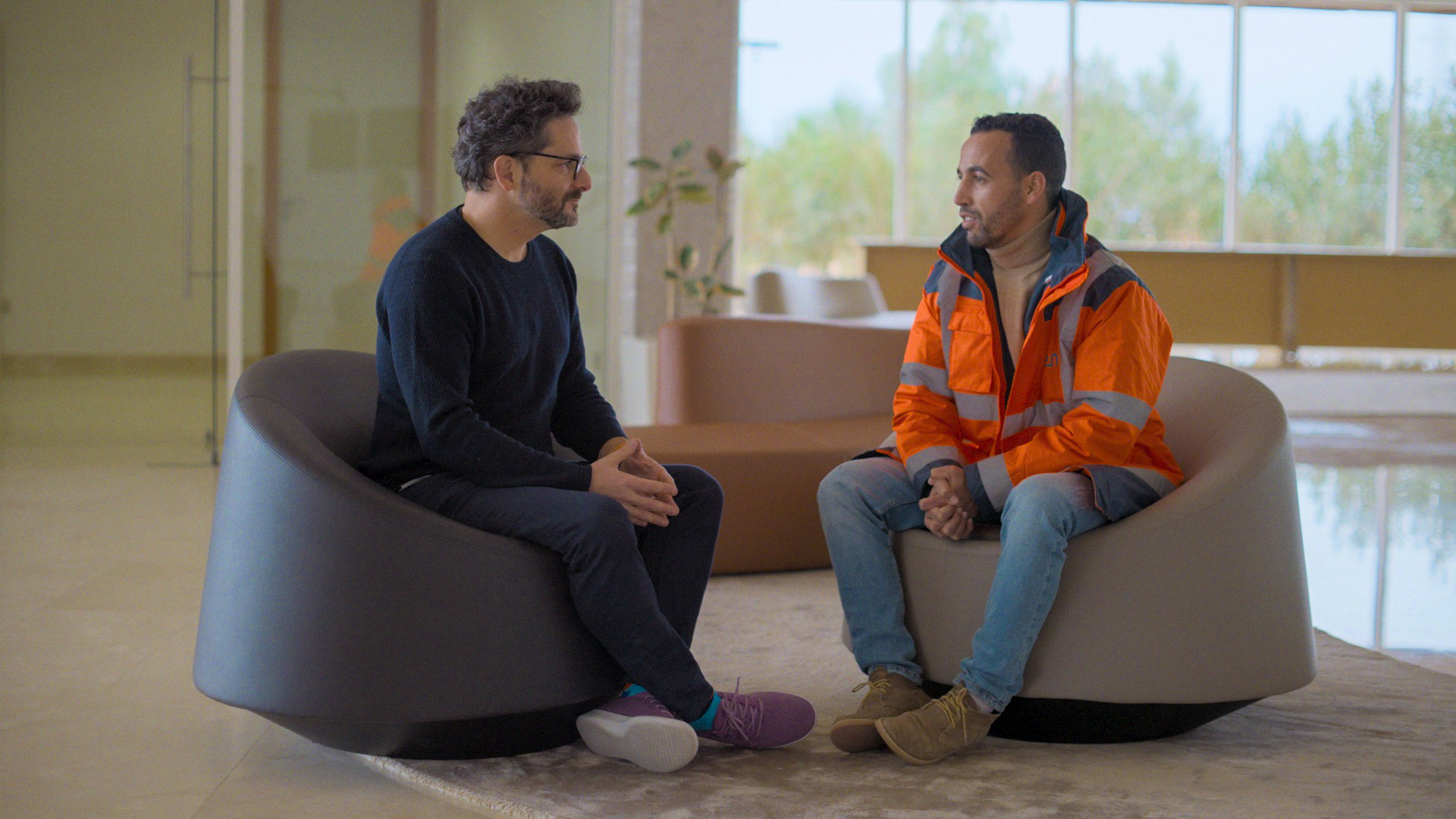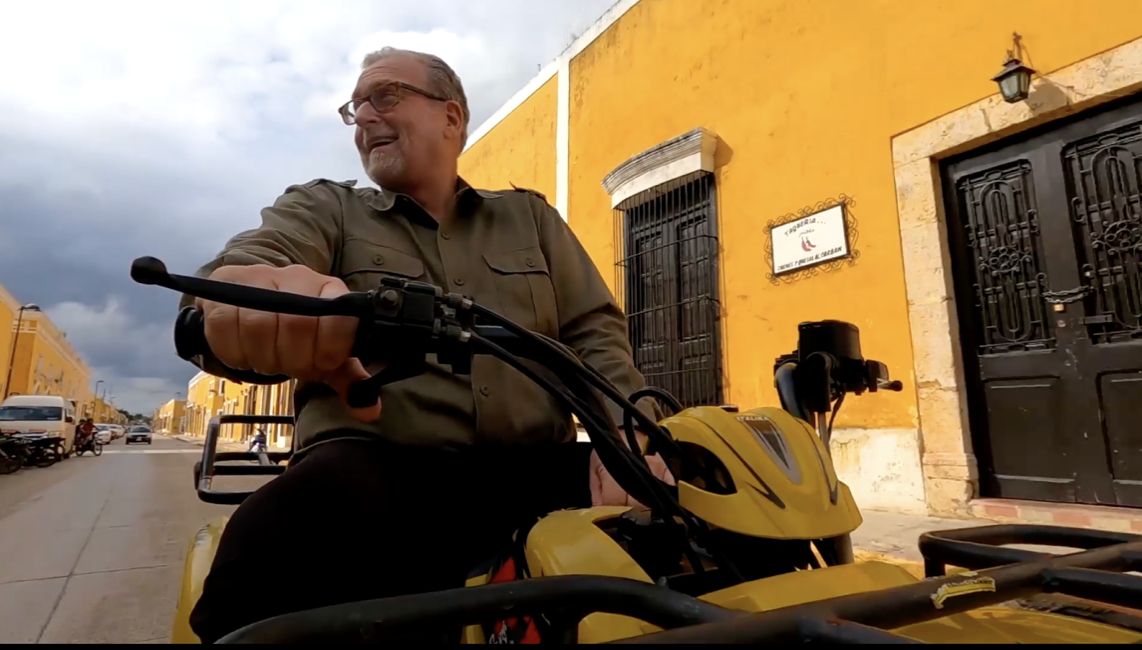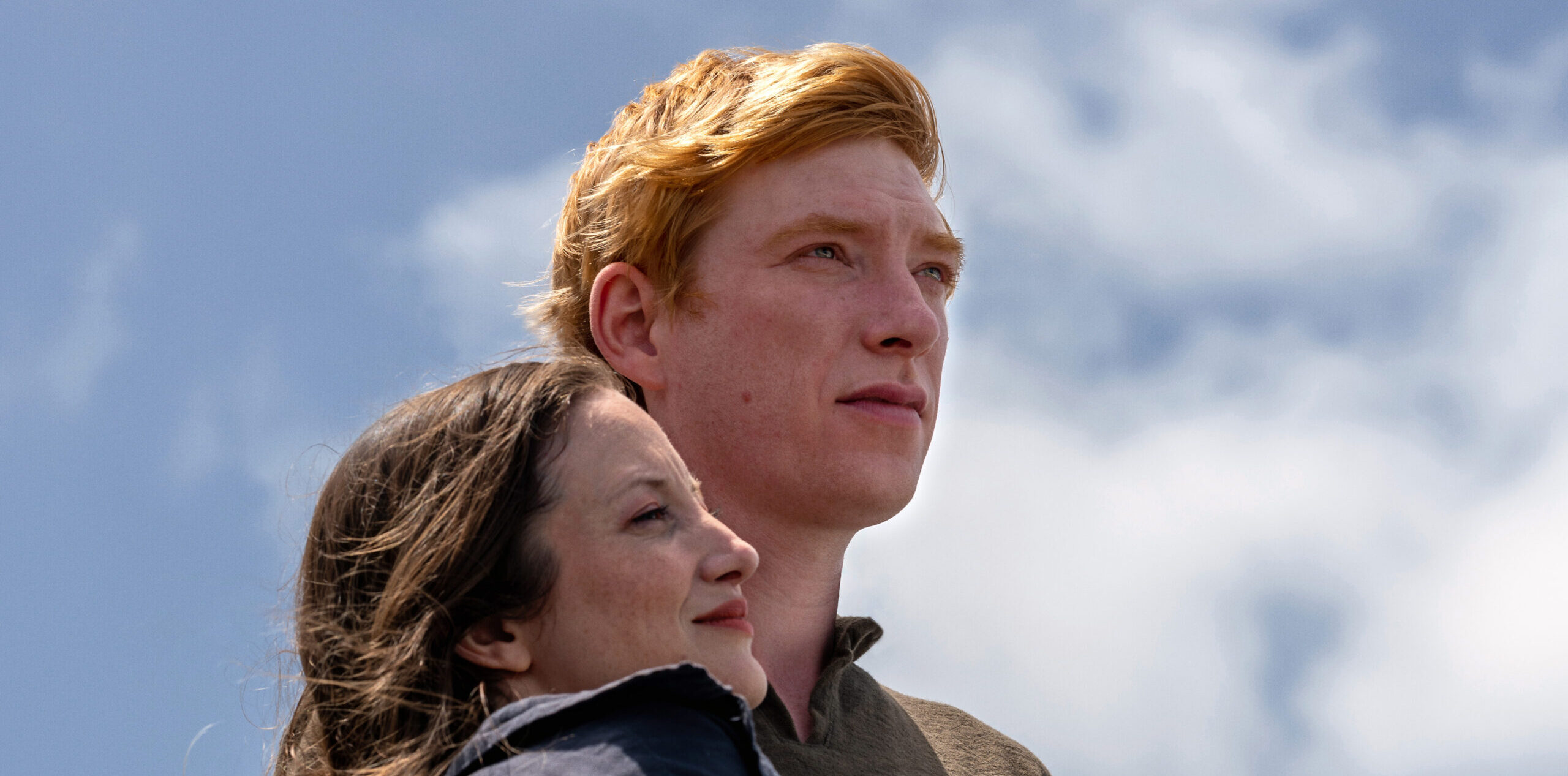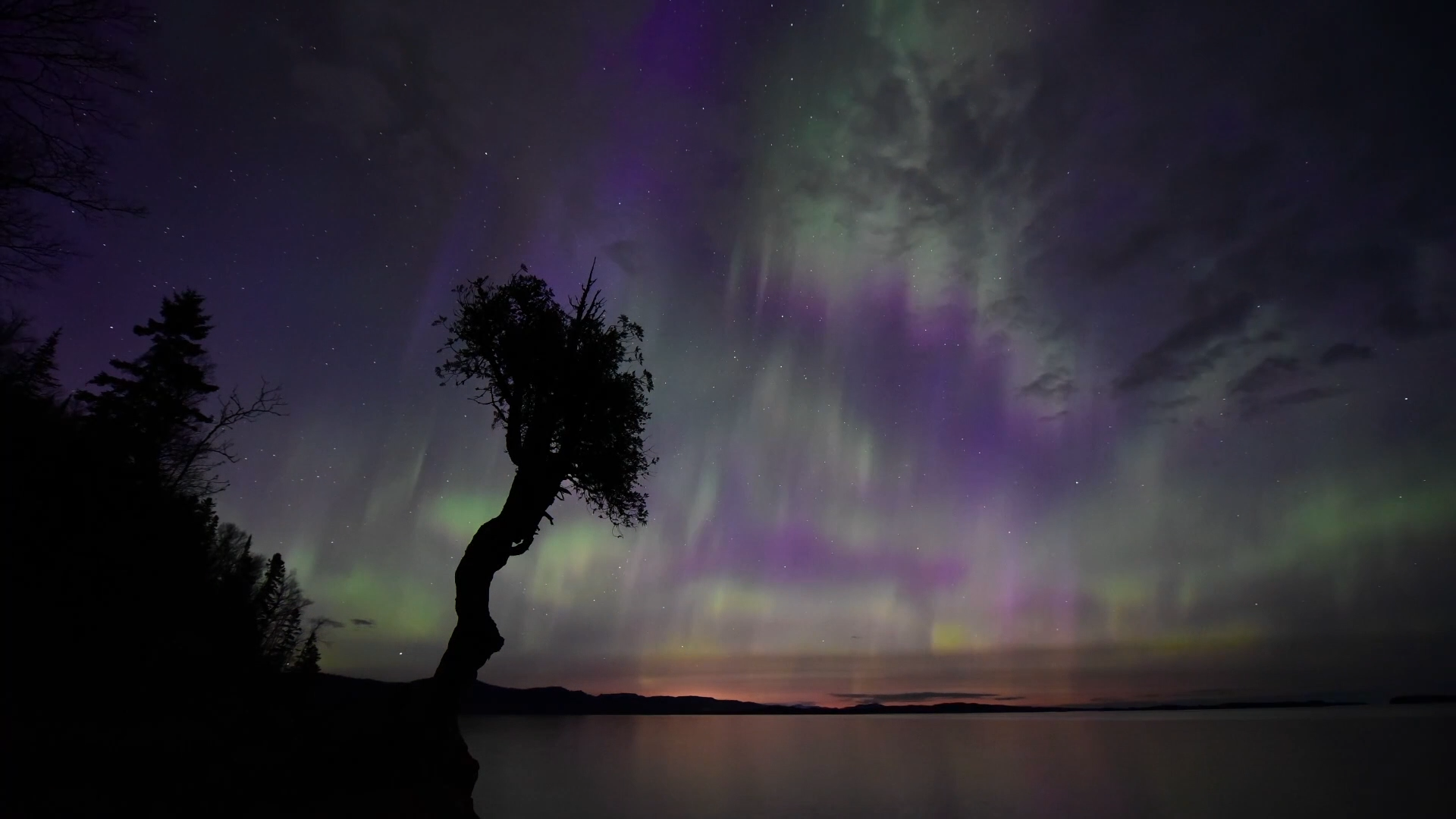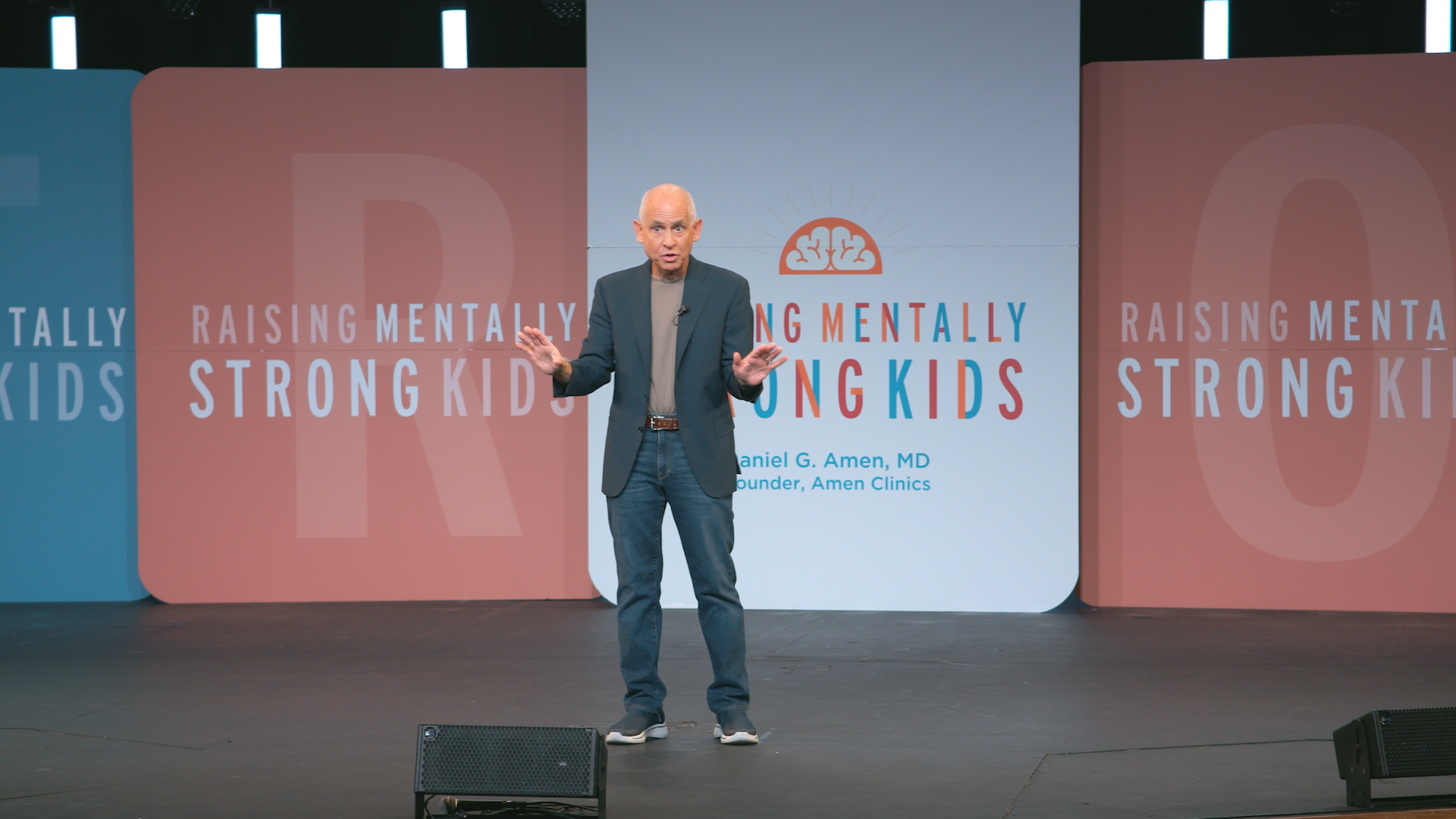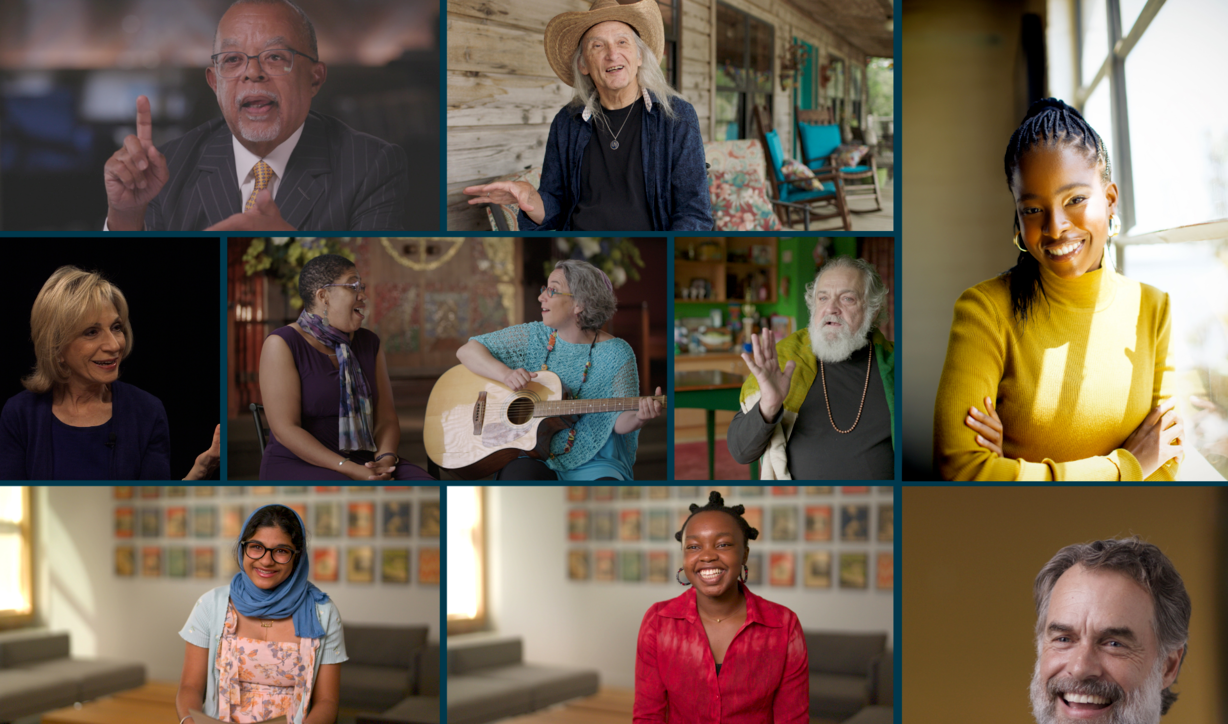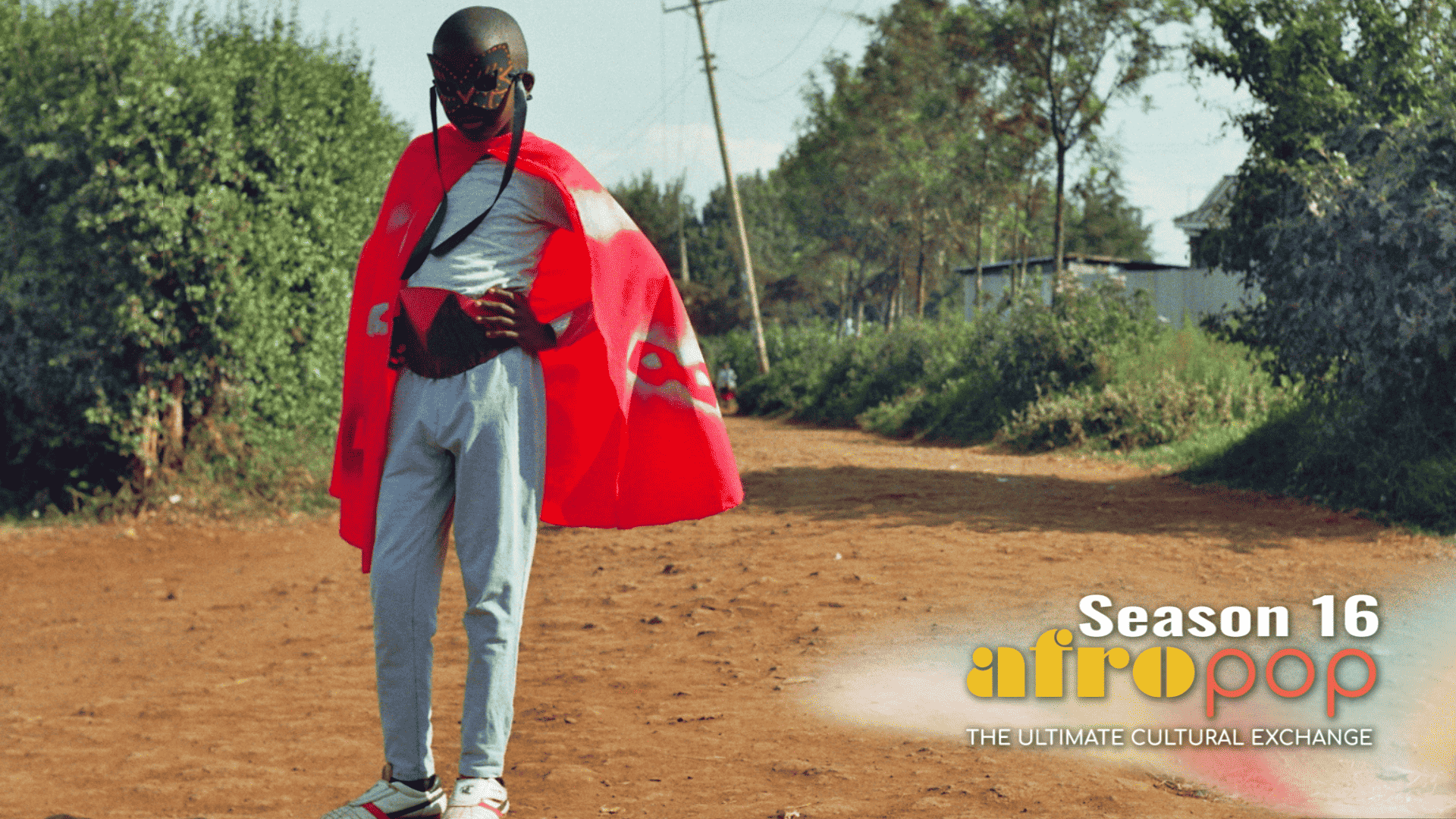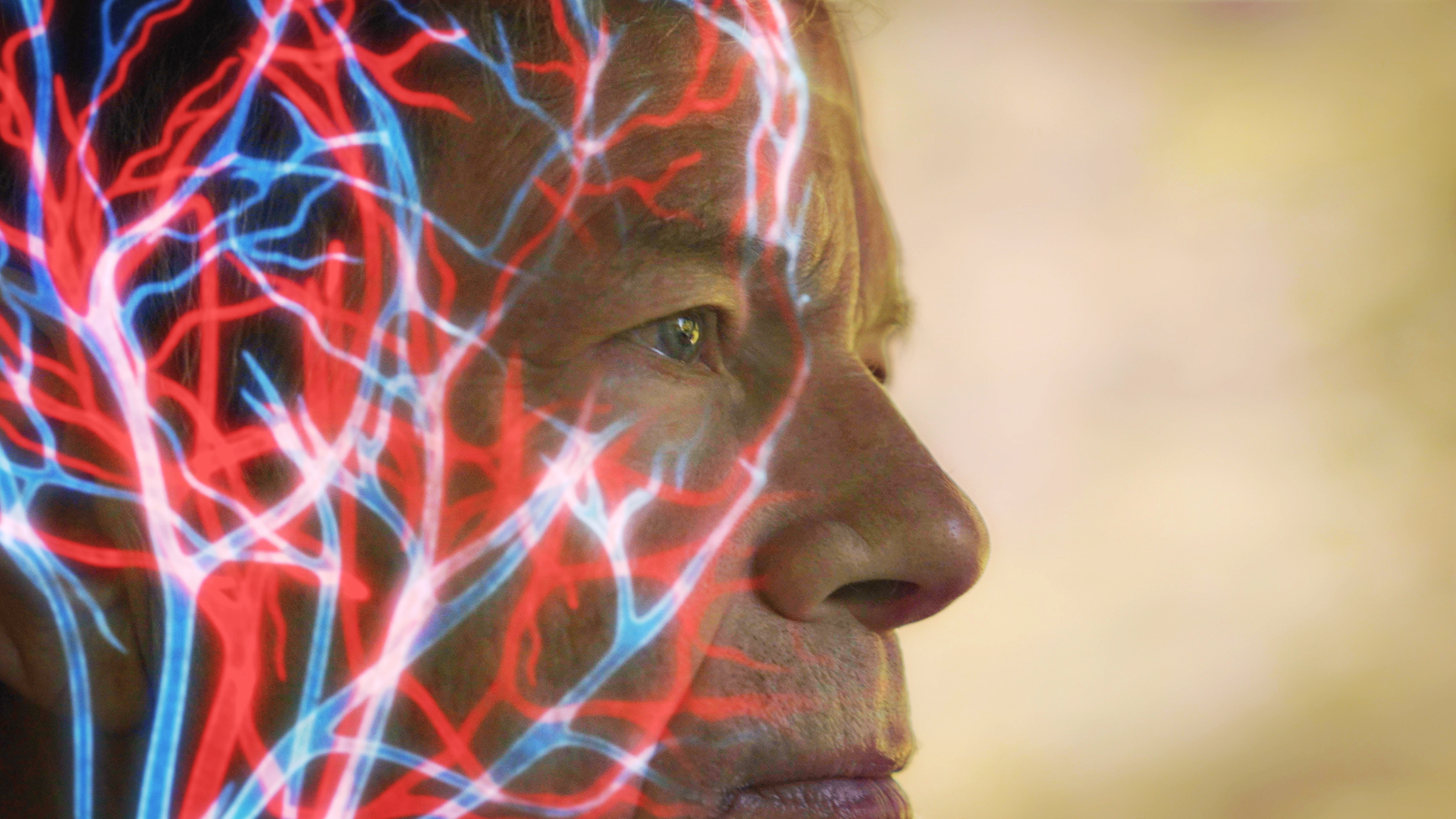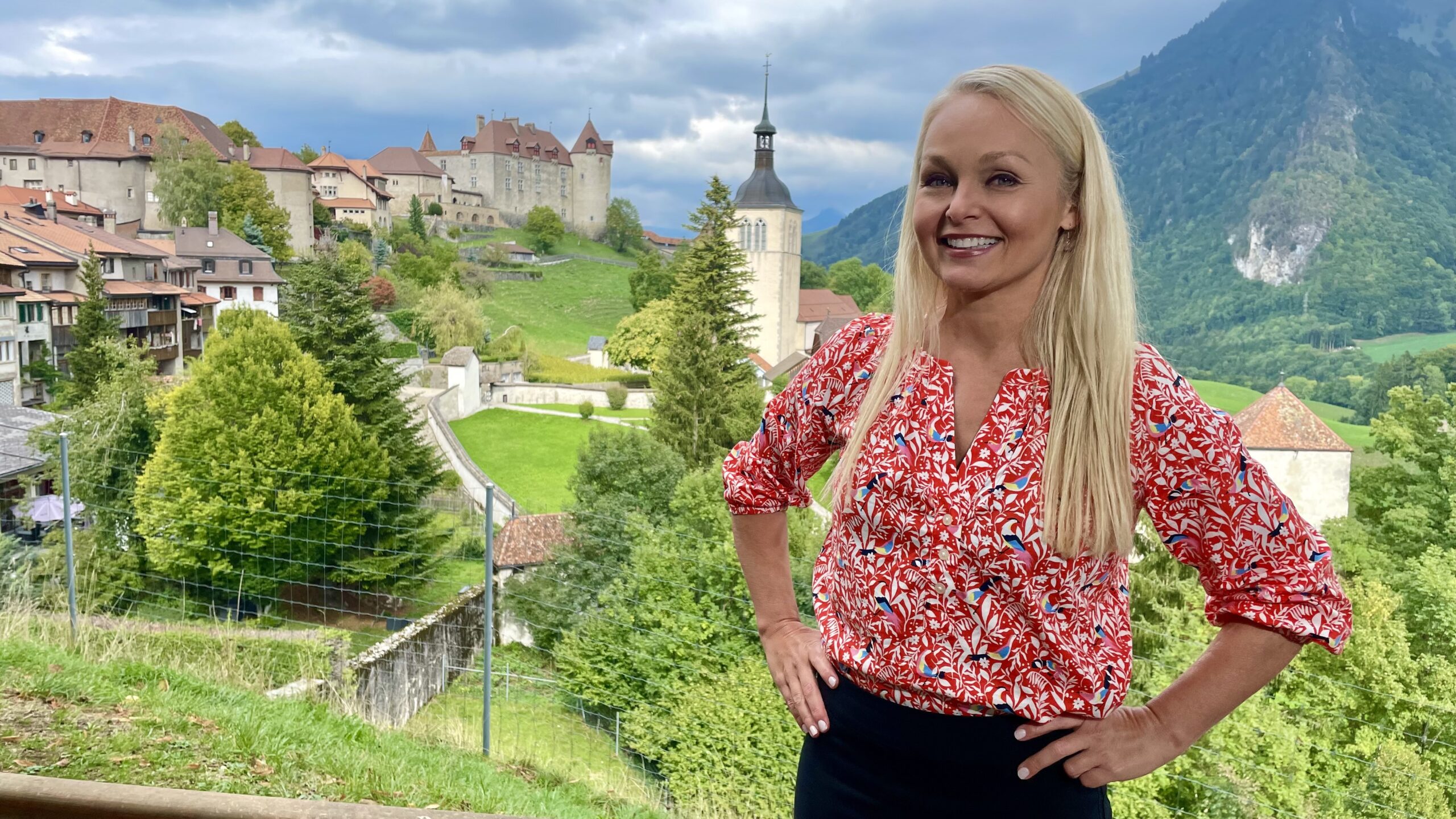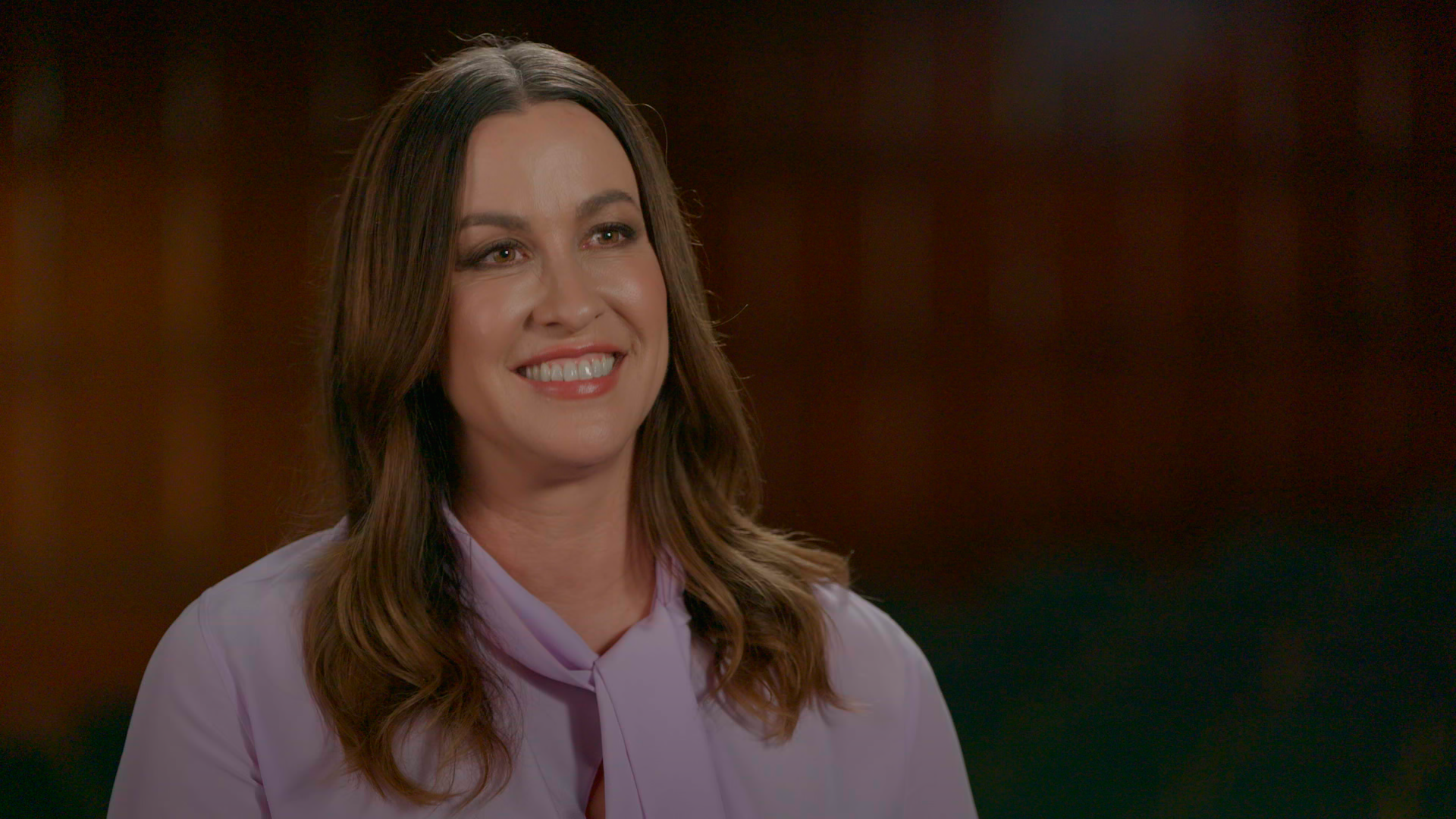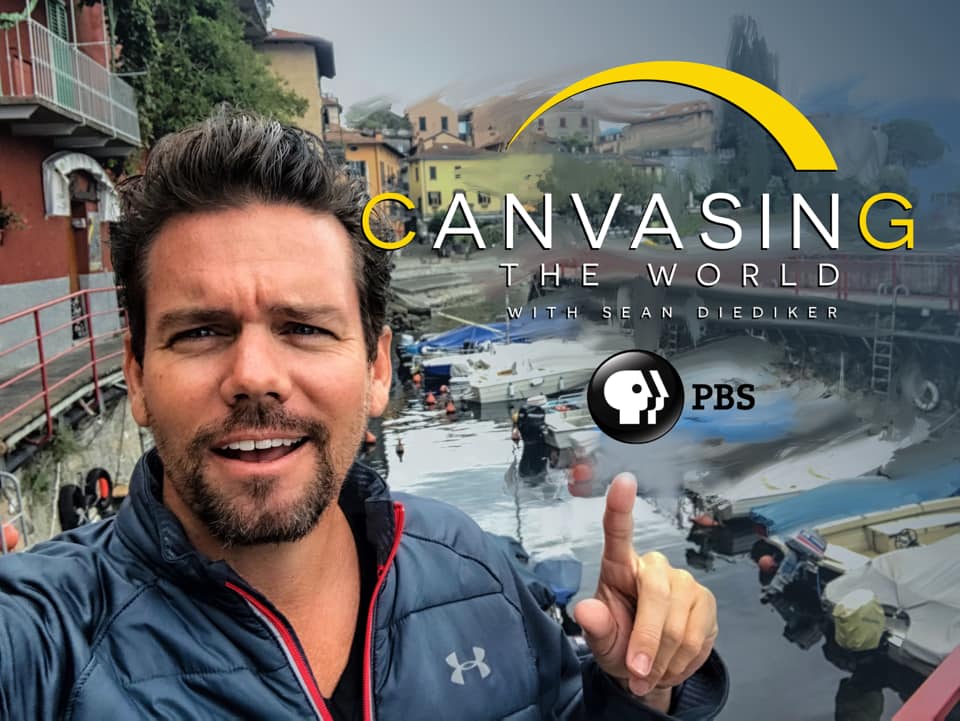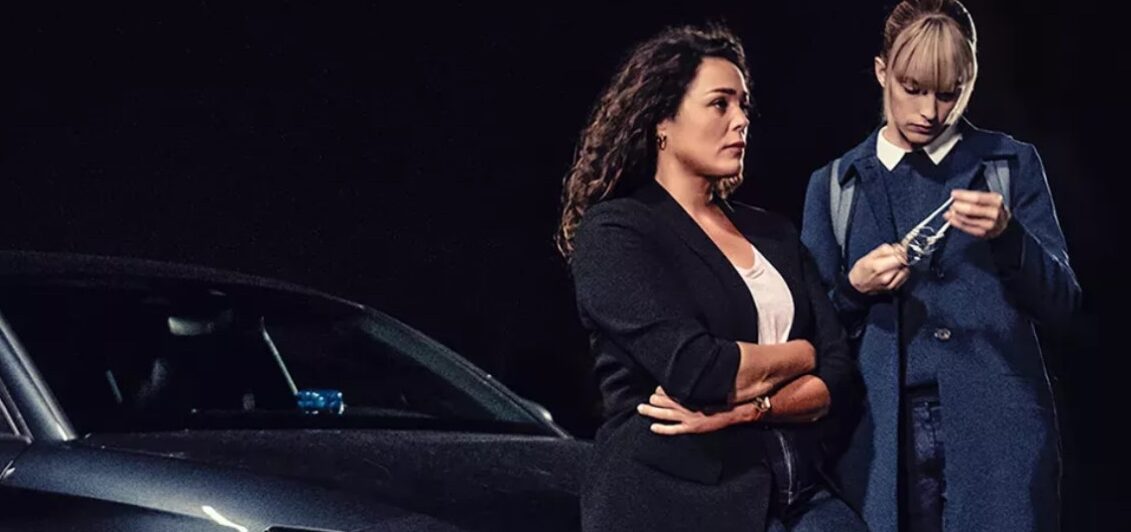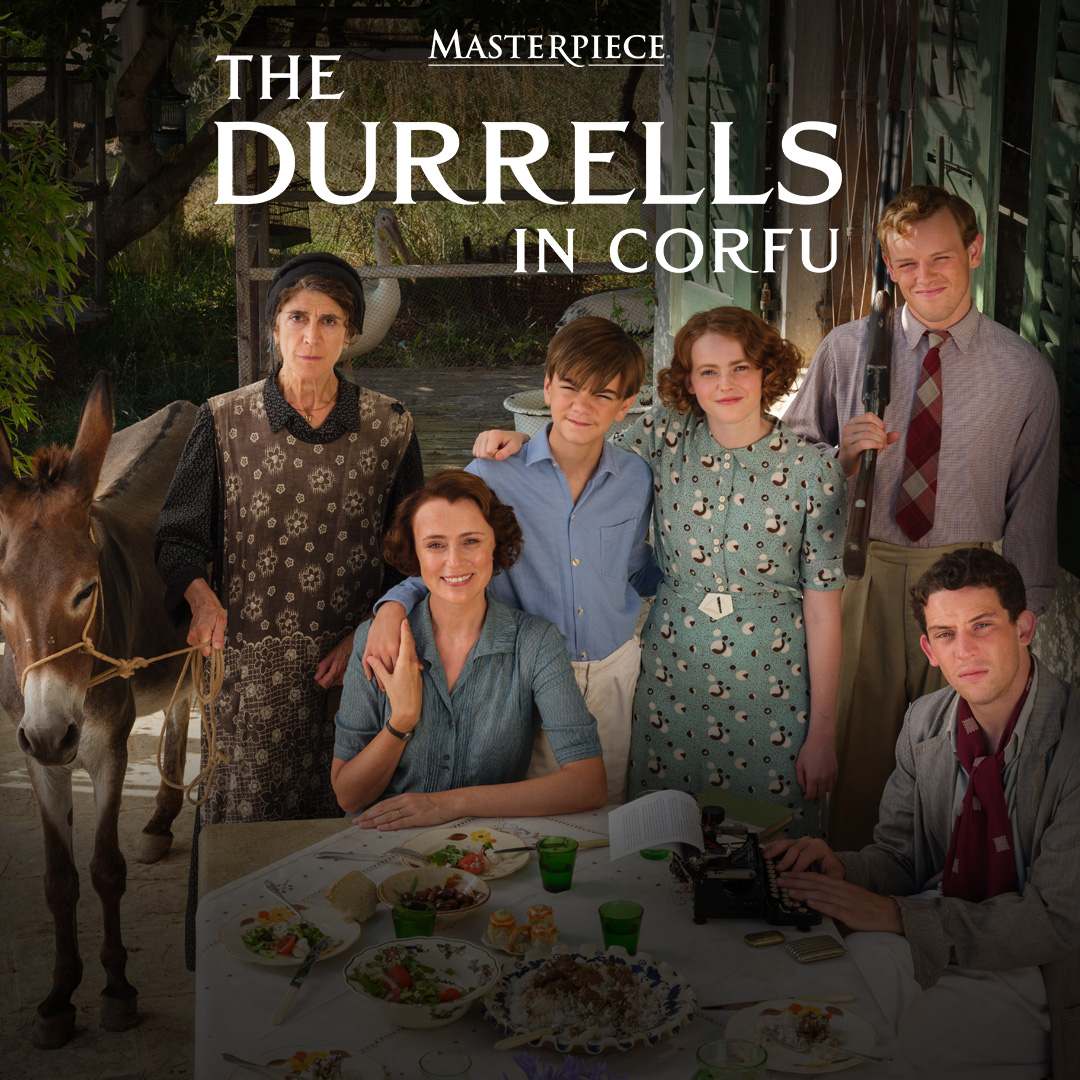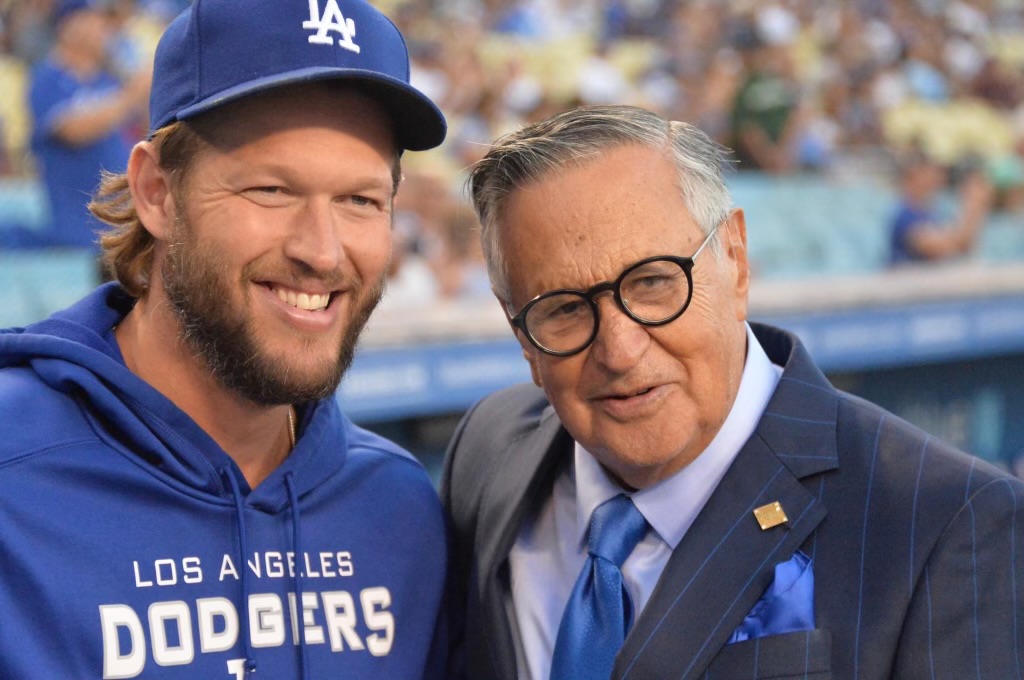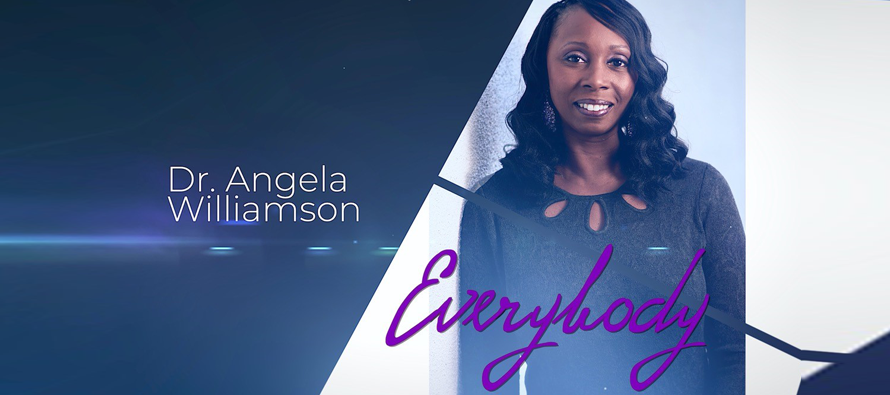Christine Cushing may seem like a new face to U.S. viewers, but this passionate chef has been on television for years in Canada, including on Food Network. “Confucius was a Foodie” is what brings her to PBS audiences for the first time. The show’s global stops included Los Angeles, where she talks to KLCS about where she dines in L.A., how a non-Chinese speaking Caucasian chef from Canada came to host a show that delves deep into that ancient cuisine and what’s in store on Season Two.
You’re on Create and on KLCS’ Sunday afternoon schedule. What made you, a Caucasian chef from Canada, want to do this show?
That’s a very good question, the beauty of this show and what was appealing to me, is my whole life ,on television cooking, I’ve been the one inspiring people and teaching people and sharing what I’ve learned and being the teacher. This was an opportunity for me to go back to school and be the student. In essence, I’ve had many, many years of learning to cook, I’ve traditionally trained, but I really didn’t have any training in the Chinese kitchen, outside of, “I know some chefs that are Chinese”, but when we started the show I knew I didn’t really know a lot. (laughs) But I really didn’t know a lot. So that was beauty of it, from a chef’s perspective, going back to being a student again, you don’t have to have any answers, you’re just asking all the questions and enjoying it and learning along the way.
Why did you choose this subject matter and this cuisine?
It was presented to me. I had a producer that I worked with and she came to me and said “We’re going to be working on this show and I thought that you would be a good person to travel with, in-terms of for a viewer.” And I said, “Ok.” And I really questioned it because I thought, “Hmm, am I right the person for this?” And that’s how it all started.
What was the theme or aim for the show in general?
I think like any TV show, it started as something and has morphed into something much more profound along the journey. So you begin, you open a door, you walk in, and in that room are a bunch of other doors that you didn’t even know existed. So initially the theme of this show, or the aim of the show, was to shine a light on Chinese culture through the window of food, and how profound it is and how varied it is and how really Westerners don’t have a clue about it. So that was the initial idea, the entry point. Through the viewpoint of a western chef, you can ask the questions. I’m also the viewer watching, but a trained chef at the same time.
What is your conclusion to Confucius being a foodie?
(laughs) The fun of it, what I learned about Confucius is that he actually did say a lot about food. We have an episode in last season that was Food Philosophy, which was crazy and so many things to learn and you can argue that till the cows come home. But you realize that food philosophy is its own world and when people think of Confucius, they definitely don’t think of food, but he had very specific things to say about food, so again, that was our window into it and then that became a fun title for the show and we use his philosophy throughout to guide me and get to the next spot, for lack of a better term.
After watching you eat so many noodle dishes and everything else, what’s your favorite dish from this show and journey?
It’s so hard, it’s like when people ask me “What’s your favorite dish?” that I think the magic of this show is that just talking about noodles, forget about the 17 other topics that we discussed and the places that we saw, but just when you think you’ve seen every noodle being made, there’s somebody else doing something else. So literally I would say to my producers, “Again we’re making noodles?” And I would be completely mesmerized by the process. It’s pretty phenomenal the breadth of it, really incredible.
This isn’t the traditional PBS cooking show, so what made you originally want to do TV and this show on TV?
Cooking on TV for me, it happened accidentally. I was always cooking, I had been cooking as a child, I had been cooking when I was in high school. It was always my thing, that was my love. It’s my truth I always say. I dropped out of university, I was taking linguistics and I said, “I’m going to go back to my love.” So I went to culinary school and then I worked in the industry for many years and towards the end of my journey of working for someone, I went out to be an entrepreneur. I was working at a trade show and a producer came up to me and said, “I’m a producer. Do you want to come and audition for this show?” So that’s how it started for me. I had never done TV and I was just picked and asked to do an audition. I auditioned and they picked me. That was 20 years ago.
You are more known now in the U.S. from this show.
The question I get is, “Where have you been?” “Why don’t we know you?” “What’s going on?” (laughs) “I don’t know!” But really, the American audience has truly embraced this show. The one thing we get over and over and over again, is “I’m so glad that such a show that has so much depth has made it to television because we seem to be in a time of surface knowledge, just super, super thin, and vast, but no depth to it.”
That was my next question, was what’s the most popular question you get?
Yeah, it’s that one. “It’s amazing that this show has been on the air.” The question I get is “Where have you been? “How come we don’t know you?” “Do you really cook?” “How did this come about?” People are pretty perplexed. And they ask me always “What’s the most interesting adventure?” There are many, many, but one of the stand out ones for me, is the noodles in Taiwan. Making those noodles in the jungle, it was 90 degrees, 90 percent humidity, I thought, “This is where I’m going to die. In the jungle making noodles.” (laughs) It was so hot. But it was so much fun, I had no clue, I didn’t even have a translator there because the situation just didn’t lend itself, we had to let him do his thing and someone would translate, but it wasn’t a simultaneous thing. I so thoroughly enjoyed watching the technique of making those noodles. It was like a full body experience, that I was like a kid. It was so, so exciting and I think that’s the key to it. We also visited a variety of culinary schools around the world and this is other thing about Confucius and what’s great about this show, is the link. It shows us not just about Chinese cuisine which in itself is vast, but how much it influenced so many other cuisines and the link with pasta and Italy, all of that. We went to these culinary schools and I met these amazing masters who are teaching the next generation. Chinese teachers, Italian teachers, chefs, I can’t even tell you how excited I was after I had done one of these scenes, I just feel like “Wow, I won the jackpot, it’s so incredible.”
What’s in Season Two?
Coming up in Season Two, we go to culinary institute in Alma, we make risotto, and we go to an institute in Macao. We just talk about so much, it’s so vast. We harvest salt in Thailand, we pick tea in Taiwan. So many different things and places, wow.
So far, everyone’s had a Julia Child story. Do you have a Julia story or did she inspire you in any way?
She absolutely did. Julia Child for me, I was cooking from a young, young age, so she was the one that was on PBS, she was the one that I’d always try and find books or articles about. She was that role model who was a female, later in her life and she really stood as a testament to what you can achieve because at that time there really weren’t any female chefs. And whenever you looked at her, you thought, “Wow, it’s definitely possible.” So she was definitely that role model for me. And my first few years at Food Network (Canada), to go full circle, I think it was her 90th birthday and they came and shot a variety of chefs wishing her Happy Birthday. I thought, “Wow, talk about feeling like you’ve really come to a place that’s significant in your career.”
Do ever just pinch yourself you get to do this for a living and follow in the footsteps of educating people about cooking on TV?
I do, all the time. It has been my dream, from the time I made that choice of dropping out of university to pursue culinary school, that informed every decision I would make after that, because it taught me that I’m doing this because I love it. People say this a lot – “it’s my passion,” but truly for me, it’s my passion. I did it for $70 for three days work, I did it for free, I did it all night, and the journey just keeps continuing and unfolding in different ways. So I think again, being a student on this show was a double dose of “Wow, I’m learning and sharing it with other people too.” But I do pinch myself. It’s been my dream. I can’t even say it any other way.
When you’re in L.A., do you have any favorite places to dine at? You filmed in LA as well.
We did film in L.A. The first time I went to Mozza, I lost my mind. The first time I sat there and had that pizza, and had that Misticanza, that salad. It was really fantastic and I really quite enjoyed it. There’s another place that I’m wanting to try, I’ve heard a lot of my chef friends here talk about it – Felix, the pasta place. He was actually on Jimmy Kimmel last night, so when I turned on the TV, I thought, “Oh yeah, definitely a place to go.” He’s just launched a book. It’s always changing, that’s the thing about the restaurant scene, so I always try to inform myself in that moment, “Where should I go?” And that’s what I do.
Is there anything you want KLCS viewers here in L.A. to know or add?
I think that to be curious in every regard is what I’ve learned from doing this show, always, but this show really put the cherry on top. Sometimes you go to a Chinese restaurant and you think, “I’m just going to have that dish that I always have.” But there’s so much variety and so much to choose from, just try it. Try something else. We always say that the restaurateurs always speak to the non-Chinese, the Western diners in a certain way, but it would just be great for people to try things. There’s so much. So much to try. You might be just blown away, right?
You made me think of the Sex and the City episode where Miranda always chose the chicken and broccoli.
(laughs) I know it’s true. Even from a chef’s point of view, the cuisine of China is so varied and so immense. Some of the scholars that I spoke to, spoke more highly about that cuisine in terms of intricacy than the French cuisine. It’s up for argument, but that’s what a few people told me.

